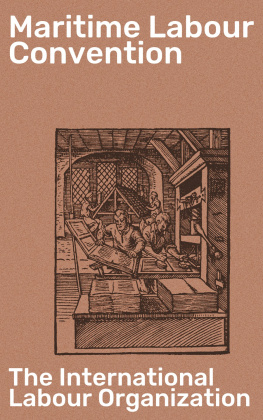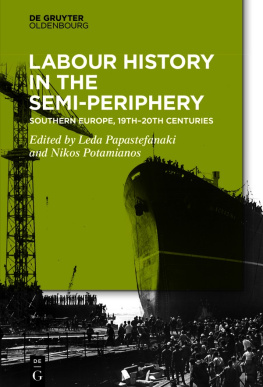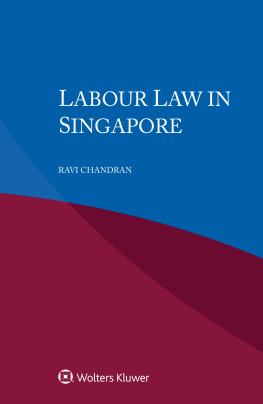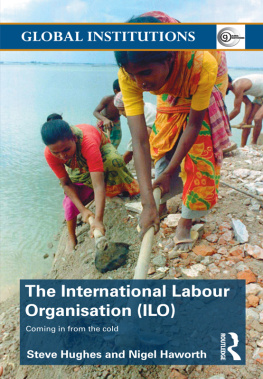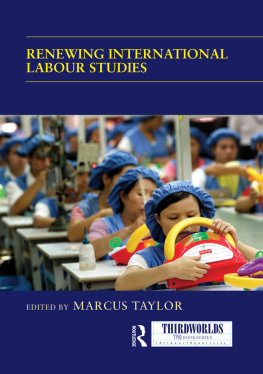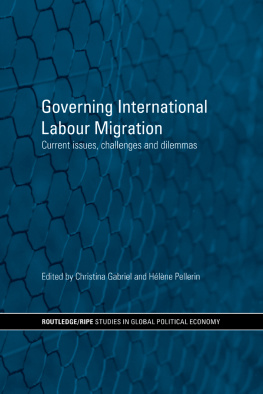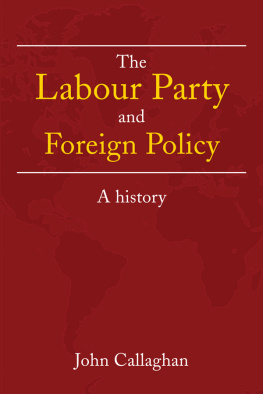adopted at Geneva on 23 September 2006
\
Entry into force: 20 August 2013
The General Conference of the International Labour Organization ,
Having been convened at Geneva by the Governing Body of the International Labour Office, and having met in its Ninety-fourth Session on 7 February 2006, andDesiring to create a single, coherent instrument embodying as far as possible all up-to-date standards of existing international maritime labour Conventions and Recommendations, as well as the fundamental principles to be found in other international labour Conventions, in particular:
- the Forced Labour Convention, 1930 (No. 29);
- the Freedom of Association and Protection of the Right to Organise Convention, 1948 (No. 87);
- the Right to Organise and Collective Bargaining Convention, 1949 (No. 98);
- the Equal Remuneration Convention, 1951 (No. 100);
- the Abolition of Forced Labour Convention, 1957 (No. 105);
- the Discrimination (Employment and Occupation) Convention, 1958 (No. 111);
- the Minimum Age Convention, 1973 (No. 138);
- the Worst Forms of Child Labour Convention, 1999 (No. 182); and
Mindful of the core mandate of the Organization, which is to promote decent conditions of work, andRecalling the ILO Declaration on Fundamental Principles and Rights at Work, 1998, andMindful also that seafarers are covered by the provisions of other ILO instruments and have other rights which are established as fundamental rights and freedoms applicable to all persons, andConsidering that, given the global nature of the shipping industry, seafarers need special protection, andMindful also of the international standards on ship safety, human security and quality ship management in the International Convention for the Safety of Life at Sea , 1974, as amended, the Convention on the International Regulations for Preventing Collisions at Sea , 1972, as amended, and the seafarer training and competency requirements in the International Convention on Standards of Training, Certification and Watchkeeping for Seafarers , 1978, as amended, andRecalling that the United Nations Convention on the Law of the Sea , 1982, sets out a general legal framework within which all activities in the oceans and seas must be carried out and is of strategic importance as the basis for national, regional and global action and cooperation in the marine sector, and that its integrity needs to be maintained, andRecalling that Article 94 of the United Nations Convention on the Law of the Sea, 1982, establishes the duties and obligations of a flag State with regard to, inter alia, labour conditions, crewing and social matters on ships that fly its flag, andRecalling paragraph 8 of article 19 of the Constitution of the International Labour Organisation which provides that in no case shall the adoption of any Convention or Recommendation by the Conference or the ratification of any Convention by any Member be deemed to affect any law, award, custom or agreement which ensures more favourable conditions to the workers concerned than those provided for in the Convention or Recommendation, andDetermined that this new instrument should be designed to secure the widest possible acceptability among governments, shipowners and seafarers committed to the principles of decent work, that it should be readily updateable and that it should lend itself to effective implementation and enforcement, andHaving decided upon the adoption of certain proposals for the realization of such an instrument, which is the only item on the agenda of the session, andHaving determined that these proposals shall take the form of an international Convention;
adopts this twenty-third day of February of the year two thousand and six the following Convention, which may be cited as the Maritime Labour Convention, 2006.
General Obligations
Table of Contents
Article I
Table of Contents
1. Each Member which ratifies this Convention undertakes to give complete effect to its provisions in the manner set out in Article VI in order to secure the right of all seafarers to decent employment.
2. Members shall cooperate with each other for the purpose of ensuring the effective implementation and enforcement of this Convention.
Definitions and Scope of Application
Table of Contents
Article II
Table of Contents
1. For the purpose of this Convention and unless provided otherwise in particular provisions, the term:
(a) competent authority means the minister, government department or other authority having power to issue and enforce regulations, orders or other instructions having the force of law in respect of the subject matter of the provision concerned;(b) declaration of maritime labour compliance means the declaration referred to in Regulation 5.1.3;(c) gross tonnage means the gross tonnage calculated in accordance with the tonnage measurement regulations contained in Annex I to the International Convention on Tonnage Measurement of Ships, 1969, or any successor Convention; for ships covered by the tonnage measurement interim scheme adopted by the International Maritime Organization, the gross tonnage is that which is included in the REMARKS column of the International Tonnage Certificate (1969);(d) maritime labour certificate means the certificate referred to in Regulation 5.1.3;(e) requirements of this Convention refers to the requirements in these Articles and in the Regulations and Part A of the Code of this Convention;(f) seafarer means any person who is employed or engaged or works in any capacity on board a ship to which this Convention applies;(g) seafarers' employment agreement includes both a contract of employment and articles of agreement;(h) seafarer recruitment and placement service means any person, company, institution, agency or other organization, in the public or the private sector, which is engaged in recruiting seafarers on behalf of shipowners or placing seafarers with shipowners;(i) ship means a ship other than one which navigates exclusively in inland waters or waters within, or closely adjacent to, sheltered waters or areas where port regulations apply;(j) shipowner means the owner of the ship or another organization or person, such as the manager, agent or bareboat charterer, who has assumed the responsibility for the operation of the ship from the owner and who, on assuming such responsibility, has agreed to take over the duties and responsibilities imposed on shipowners in accordance with this Convention, regardless of whether any other organization or persons fulfil certain of the duties or responsibiities on behalf of the shipowner.
2. Except as expressly provided otherwise, this Convention applies to all seafarers.
3. In the event of doubt as to whether any categories of persons are to be regarded as seafarers for the purpose of this Convention, the question shall be determined by the competent authority in each Member after consultation with the shipowners' and seafarers' organizations concerned with this question.
4. Except as expressly provided otherwise, this Convention applies to all ships, whether publicly or privately owned, ordinarily engaged in commercial activities, other than ships engaged in fishing or in similar pursuits and ships of traditional build such as dhows and junks. This Convention does not apply to warships or naval auxiliaries.


